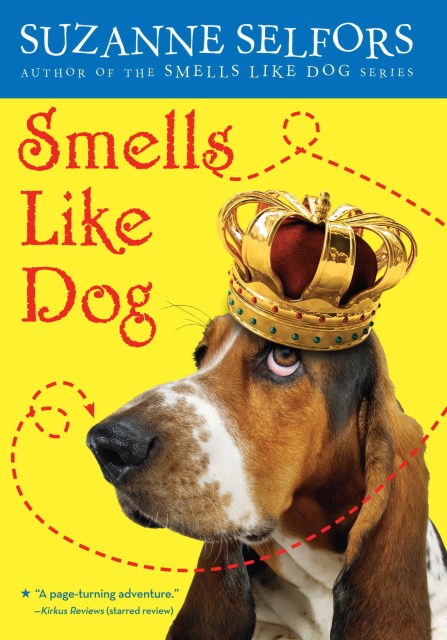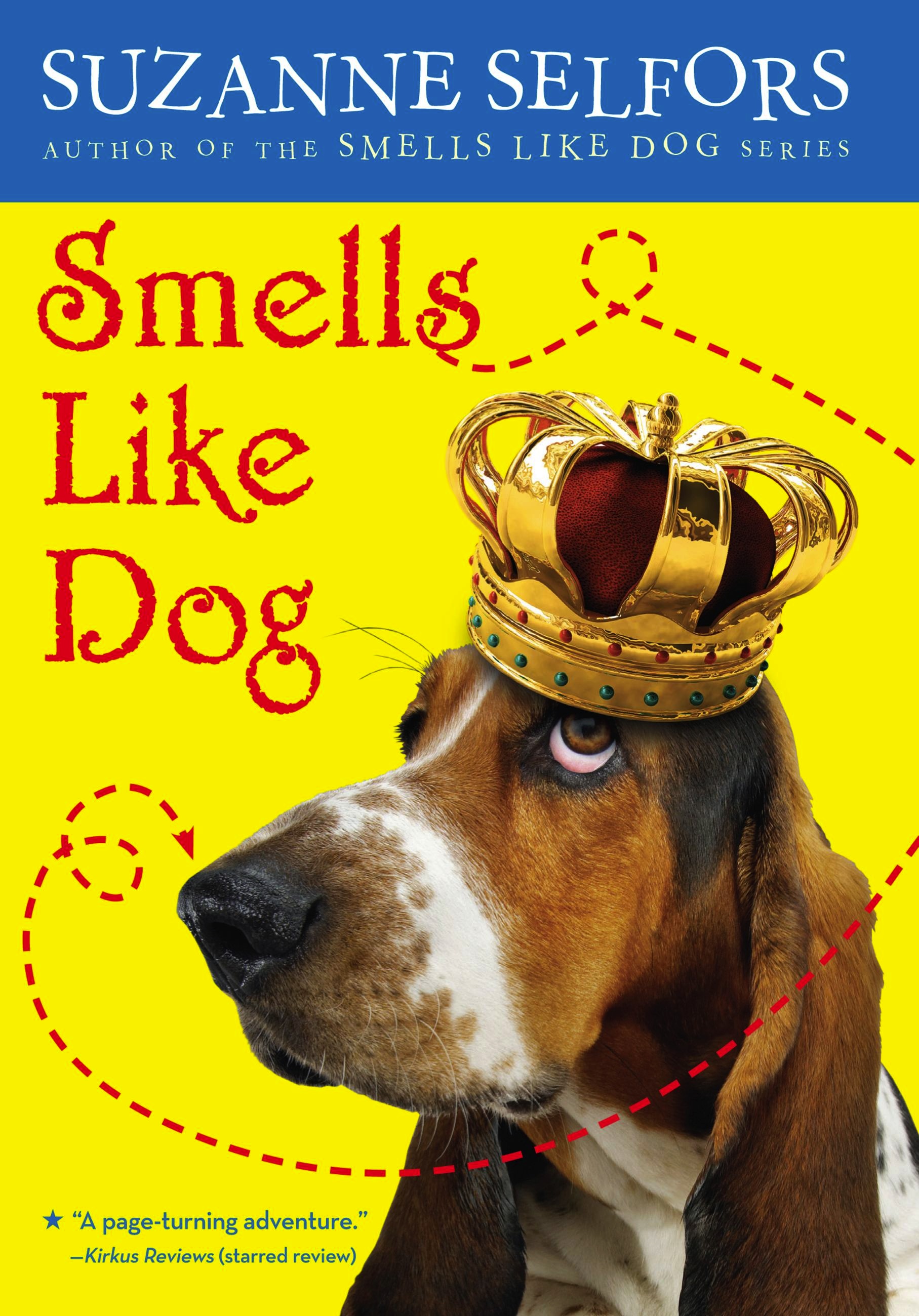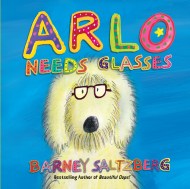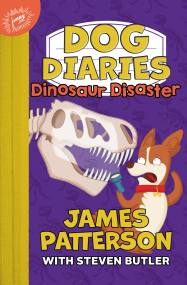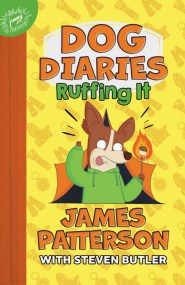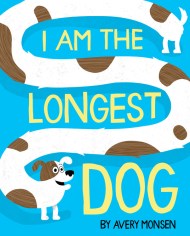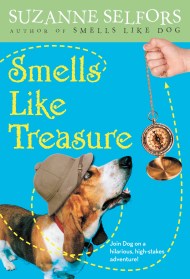Promotion
Use code MOM24 for 20% off site wide + free shipping over $45
Smells Like Dog
Contributors
Formats and Prices
Price
$8.99Price
$11.99 CADFormat
Format:
- Trade Paperback $8.99 $11.99 CAD
- ebook $4.17 $9.99 CAD
This item is a preorder. Your payment method will be charged immediately, and the product is expected to ship on or around April 12, 2011. This date is subject to change due to shipping delays beyond our control.
Also available from:
Meet Homer Pudding, an ordinary farm boy who’s got big dreams-to follow in the footsteps of his famous treasure-hunting uncle. But when Uncle Drake mysteriously disappears, Homer inherits two things: a lazy, droopy dog with no sense of smell, and a mystery.
Why would his uncle call this clumsy dog his “most treasured possession?” And why did he put a gold coin on the dog’s collar?
And who will continue Uncle Drake’s quest-to find the most coveted pirate treasure in the world?
Join Homer, his sister Gwendolyn, and Dog on an adventure that will test their wits and courage as they leave their peaceful farm and head into a world where ruthless treasure hunters hide around every corner. Where they discover that Dog has a hidden talent and that treasure might be closer than they ever imagined…
Why would his uncle call this clumsy dog his “most treasured possession?” And why did he put a gold coin on the dog’s collar?
And who will continue Uncle Drake’s quest-to find the most coveted pirate treasure in the world?
Join Homer, his sister Gwendolyn, and Dog on an adventure that will test their wits and courage as they leave their peaceful farm and head into a world where ruthless treasure hunters hide around every corner. Where they discover that Dog has a hidden talent and that treasure might be closer than they ever imagined…
Genre:
-
* "Selfors offers up an adventure tale that features a humorous, high-stakes mystery and a lovable hero...Peppered with funny dialogue, this joyous romp is a page-turning adventure that will appeal to enthusiastic and reluctant readers alike."Kirkus Reviews, starred review
-
"A fantastic tale in every good sense of the word...Homer W. Pudding: my kind of hero."Rebecca Stead, author of Newbery Medal winner When You Reach Me
-
"Fans who enjoy the editorializing and over-the-top humor in Wendelin Van Draanen's Gecko and Sticky series will take pleasure in this misfit duo's quirky adventures."Booklist
-
"Full of fantastic characters (eccentric adventurers, sinister and surprising villains, and one droopy but very special dog), delightful humor, and wonderful adventures, this book is a treasure. Every page made me smile."Sarah Beth Durst, author of Into the Wild and Out of the Wild
-
"Join a delightful band of misfits on a rollicking adventure... Full of fantasy, fun and humorous dialogue, this will attract dog lovers, mystery enthusiasts, adventure addicts, and reluctant readers. A thoroughly enjoyable read."VOYA
- On Sale
- Apr 12, 2011
- Page Count
- 384 pages
- Publisher
- Little, Brown Books for Young Readers
- ISBN-13
- 9780316043977
Newsletter Signup
By clicking ‘Sign Up,’ I acknowledge that I have read and agree to Hachette Book Group’s Privacy Policy and Terms of Use
